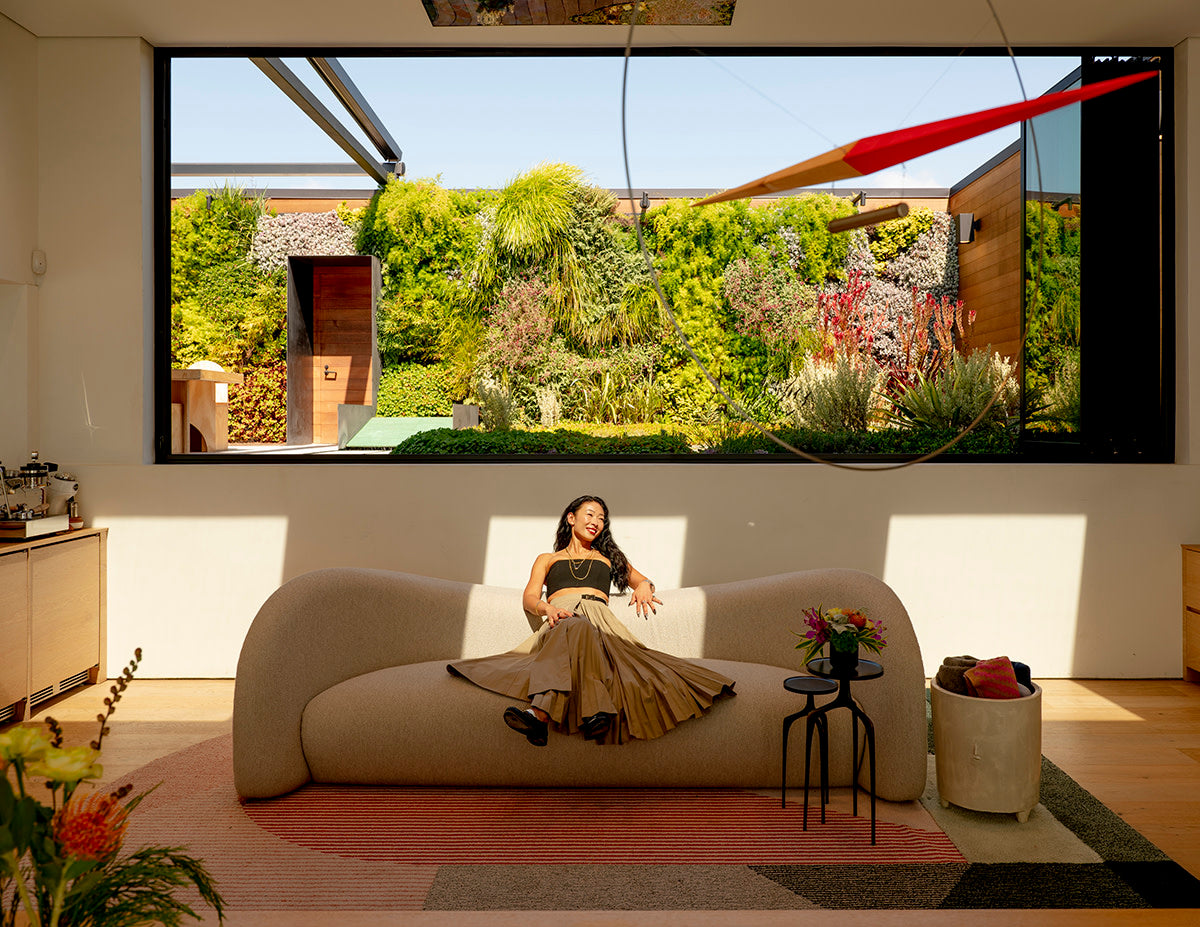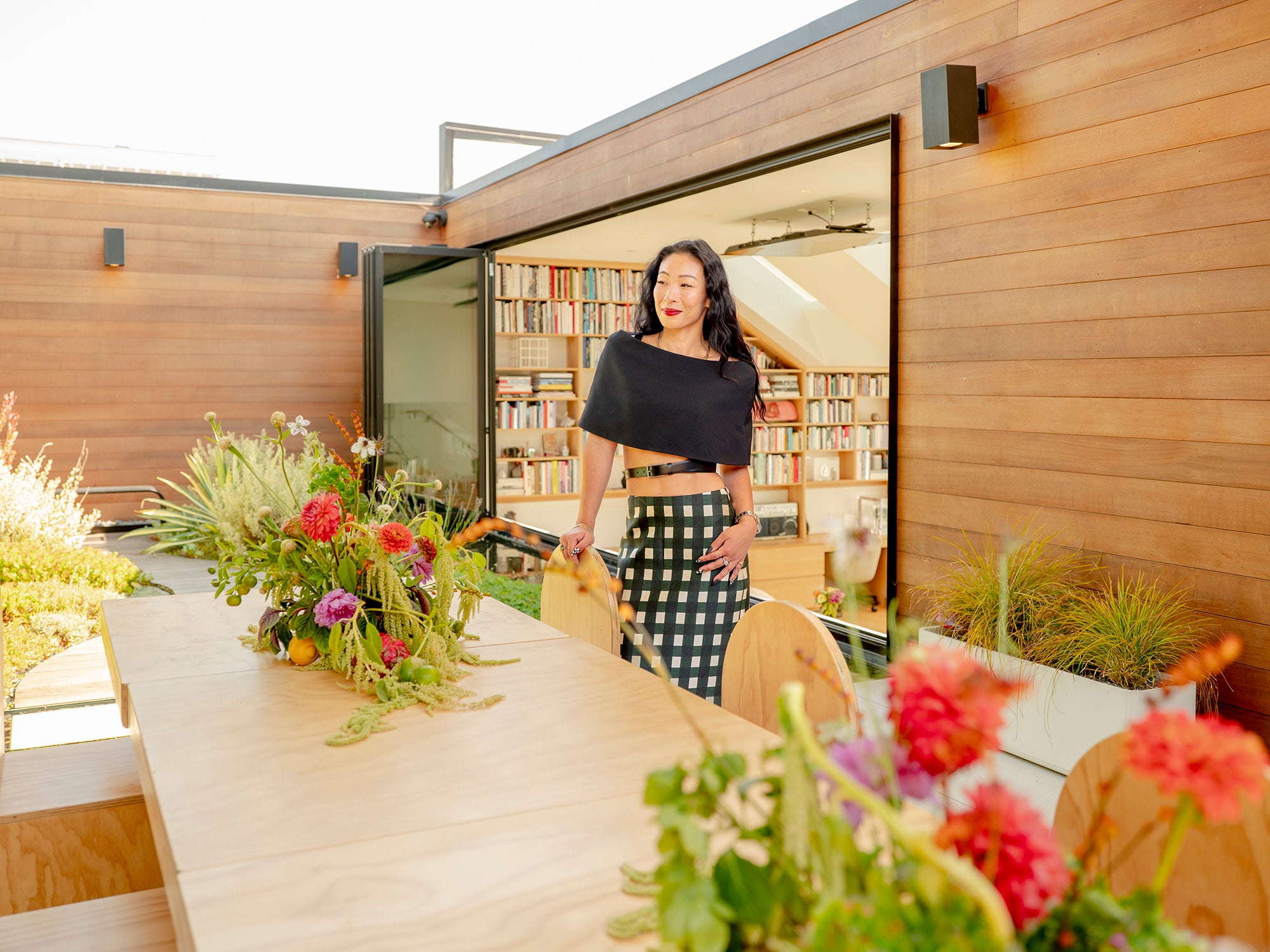
The founder of Four One Nine and MYLES on setting a smoking intention, working in San Quentin, and growing up between Beijing and the Bay Area.
AS TOLD TO GOSSAMER
I grew up in the Bay Area, but I was born in Beijing. My parents left me with my grandparents at the age of one to come to America to make a living. They came with $10 in their pocket and no English. My mom lived above the restaurant where she was a waitress. Every night after it closed, her power would go out. As a mother myself, it’s so hard to imagine having to leave children behind and the sacrifices that they made for my future, and my children’s future.
My maternal grandfather raised me. I have such warm feelings for the time that we spent together. I learned a bunch of old man stuff, like fishing. We played a lot of chess, both Western and Chinese. My grandfather was a senior citizen pool champion, so every morning we’d wake up at six and go to the senior citizen billiards club. I wasn’t allowed to play because I was too young. I would just rack for him and his friends. But he’d break down the strategy. We’d spend six hours at this club and he’d be like, “Okay, so why did he go for that one? Why did he go for that ball in that pocket?” I feel really grateful for that time.
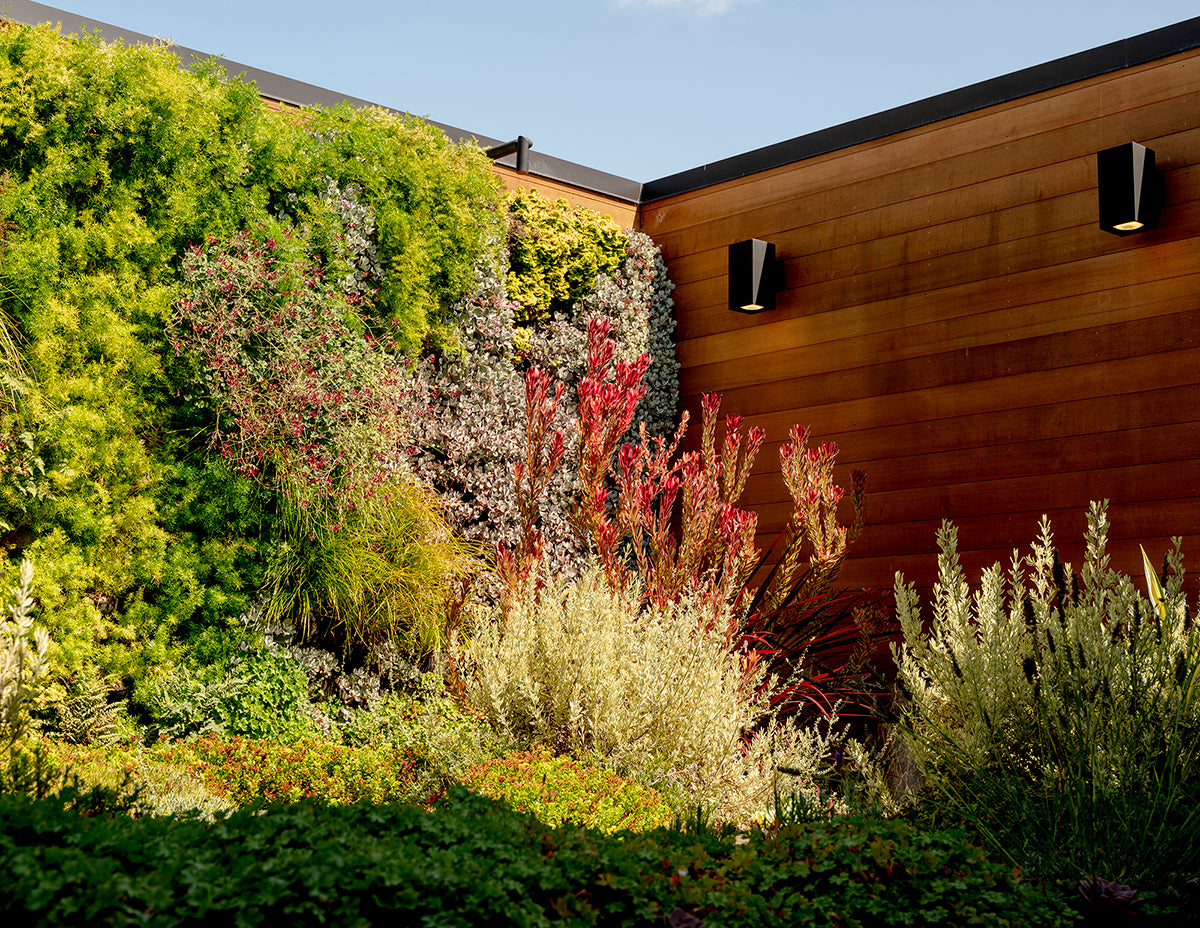
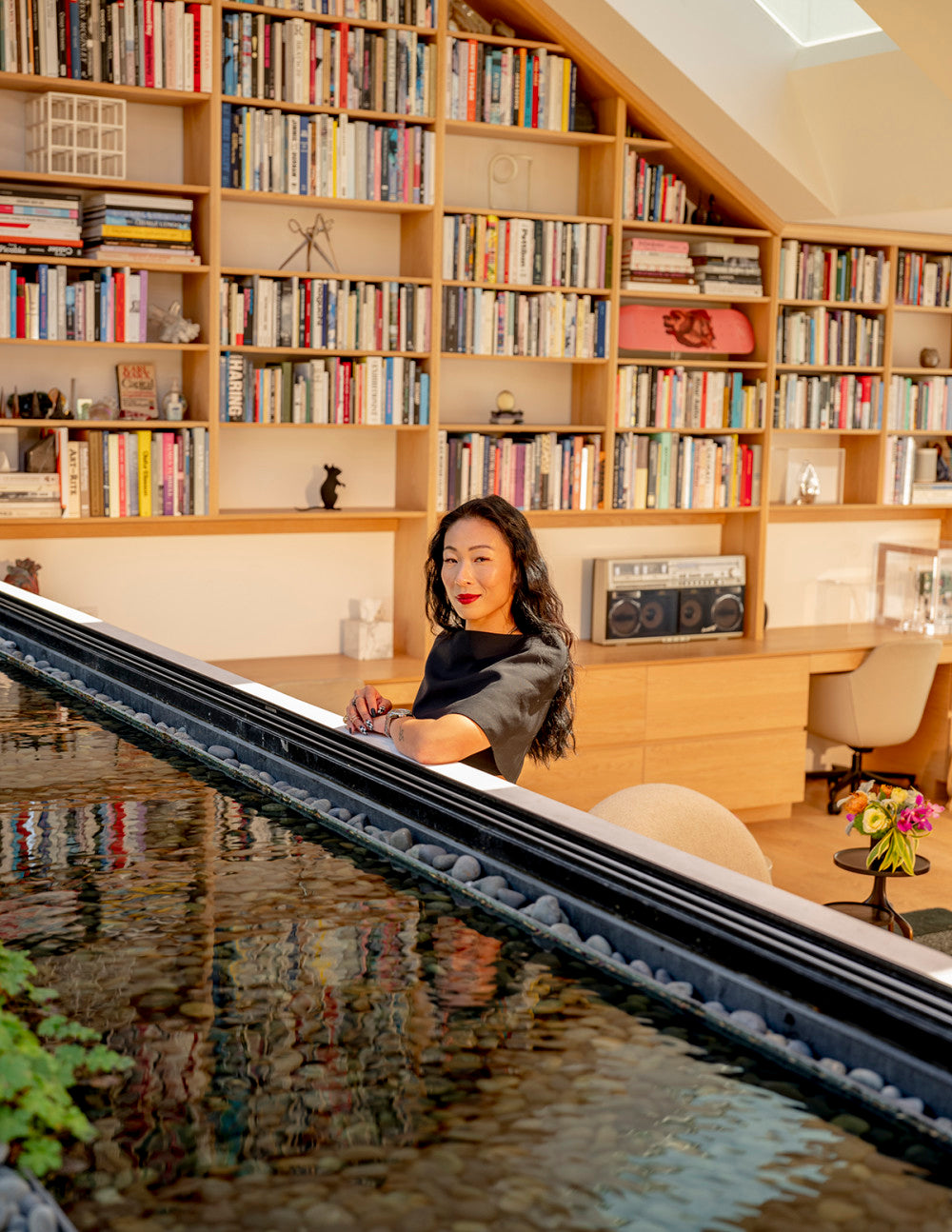
What I love about cannabis is the way it meets me where I’m at in any given moment.

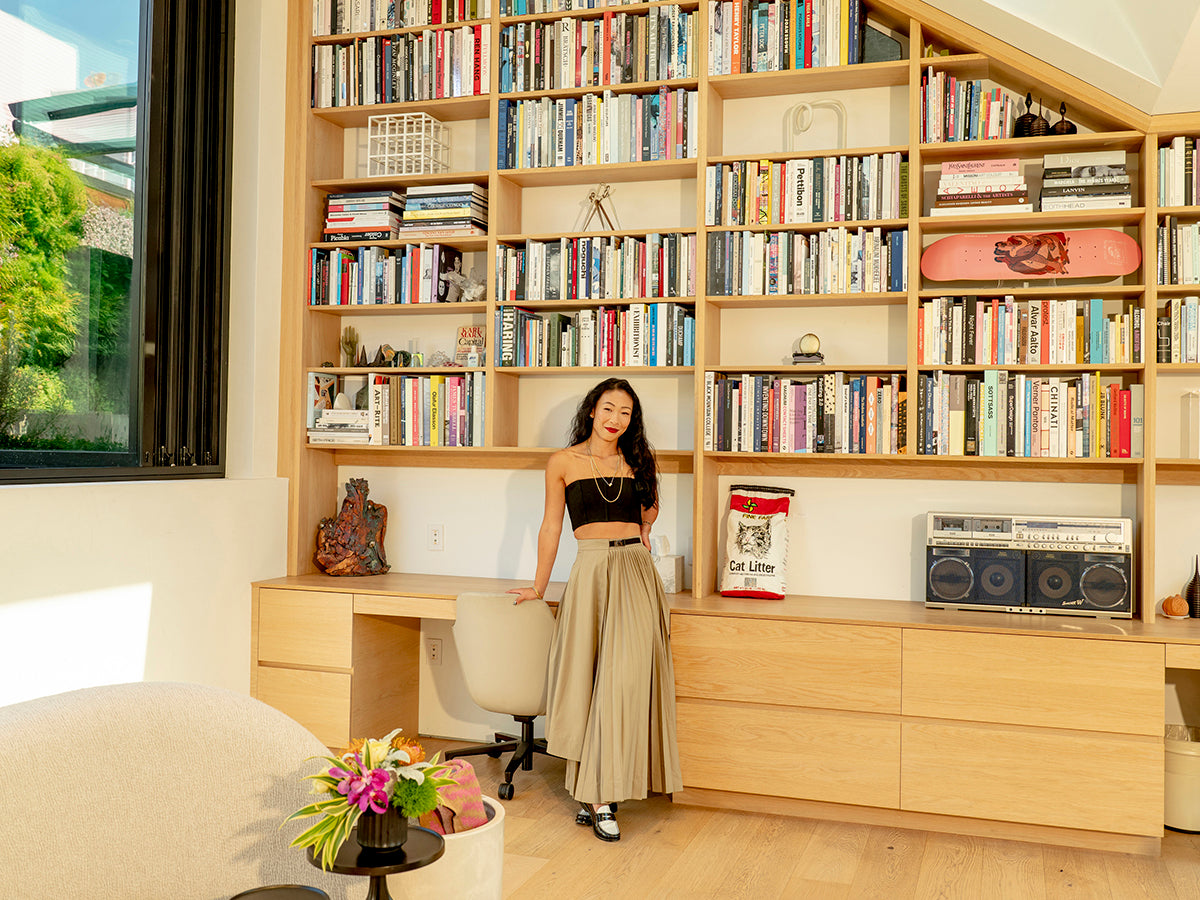
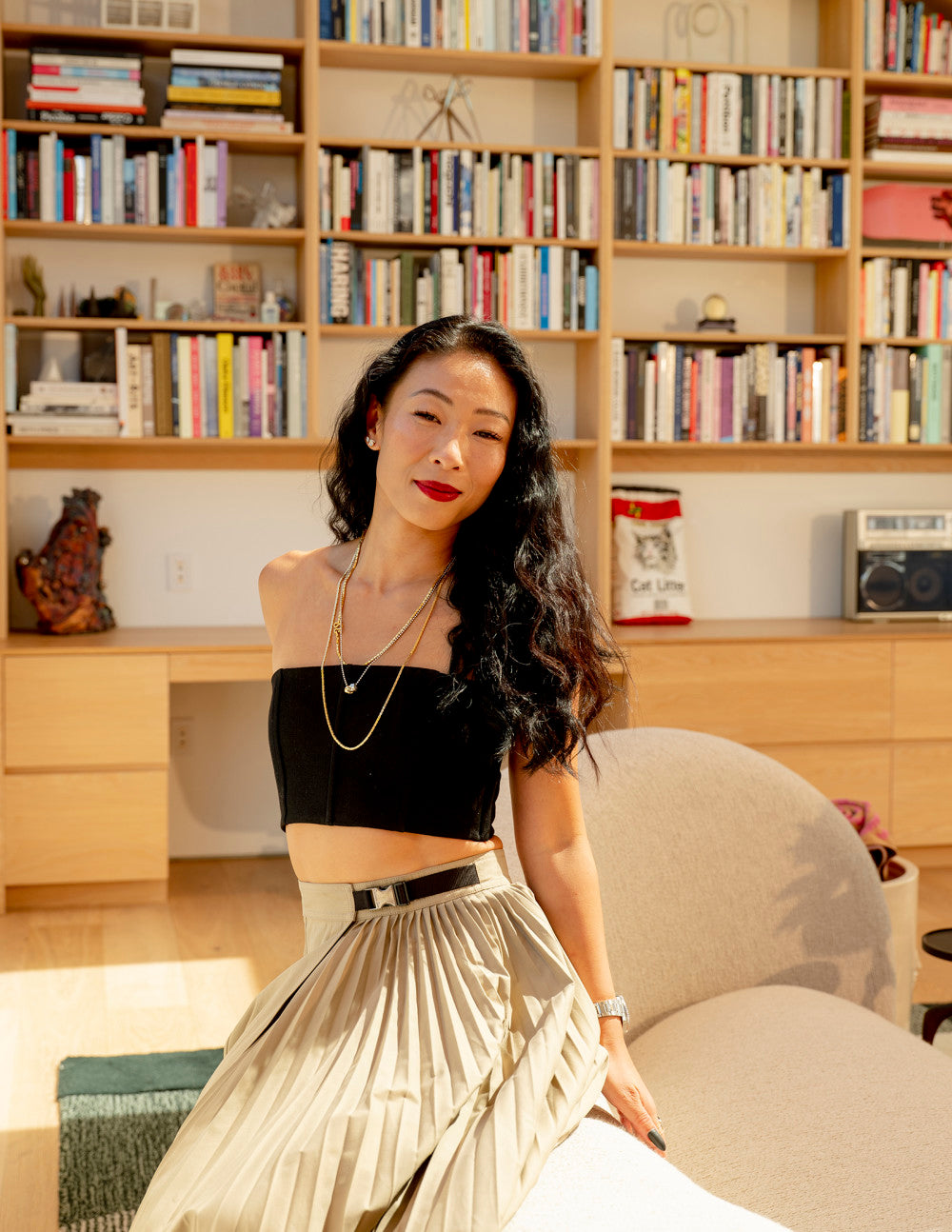
How we choose to say what is on our minds and the words that we put forth reveal what our internal perspective is.
